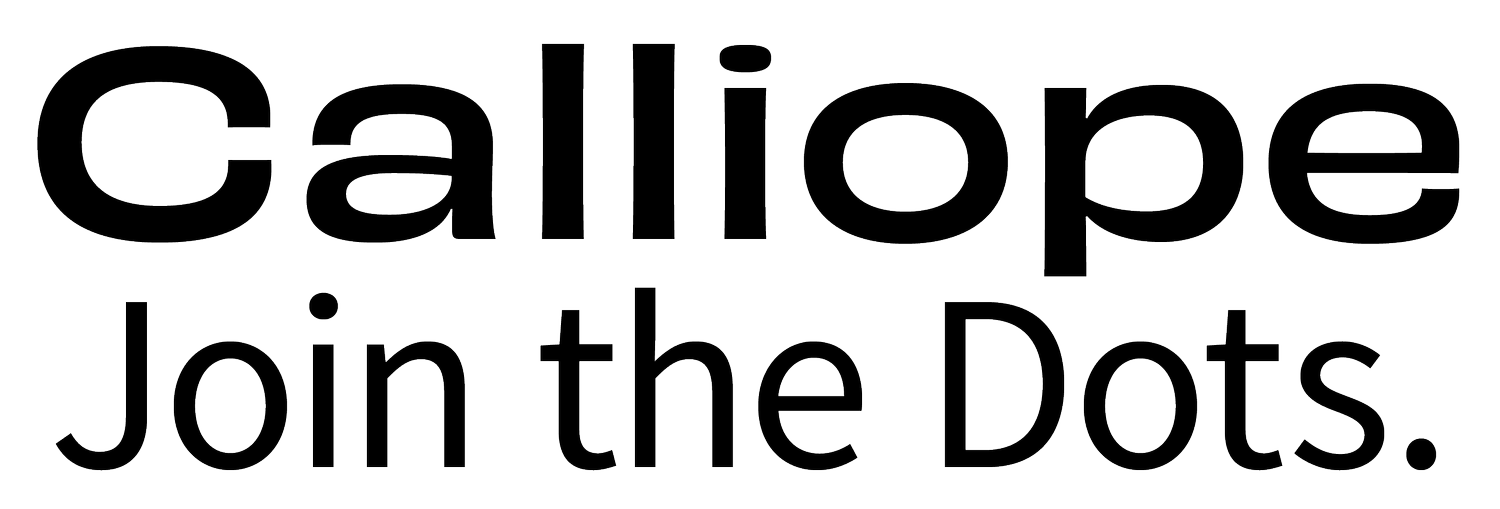
KARIN LUKAS
Researcher. Human rights activist. Consultant.
With a core focus on human rights and business, development cooperation, women‘s rights, and social rights, Karin Lukas is passionate about achieving equality. Today, Karin is a Professor at the Department of Legal Studies of Central European University. Before this she was Head of Department for “Human Rights in Development Cooperation and Business” and “Social Justice” at the Ludwig Boltzmann Institute of Fundamental and Human Rights in Vienna, an internationally recognised competence centre for work in human rights. As an author, Lukas has written on the subjects of labour rights, corporate accountability and, most recently, the European Social Charter.
Karin Lukas / © Council of Europe
“Social inequalities lead to unfair wages for women, the sidelining of care work, and the exploitation of countries in the South. Human rights – especially social rights – are a means to combat this. My work is dedicated to this issue.”
© Council of Europe. Karin Lukas is 5th from the left.
A right to education? Covid-19 and the fault lines in the system – Karin Lukas.
The right to education is an old right – it was already enshrined in the Universal Declaration of Human Rights of 1948, Art. 13 and 14 (Plans of Action) ESC Covenant and Art. 28 and 29 CRC.
This right is also enshrined in the European Social Charter, the core European human rights treaty on social rights. The Charter protects this right, for example, in Article 17 §2 (right to free primary and secondary education), Article 7 §3 (protection for children and young people of compulsory school age) or Article 10 (right to vocational training). Also included in §13 of the European Human Rights Convention - i.e. in both important European Human Rights Conventions.
The right to education is essential for every child and its development. The right to free primary and secondary education must therefore be guaranteed for all children - also during the COVID 19 pandemic. Special consideration must be given to the situation of disadvantaged children, e.g. children with disabilities or asylum-seeking children.
Two important criteria of the right to education:
Access to education for all, inclusive education, i.e. special attention and measures for disadvantaged children.
Quality of education, education with regard to optimal development of children and young people, education that is up to standard, but also adequate resources for the education sector, so that e.g. the ratio between teaching staff and pupils is appropriate.
When we talk about the right to education for children and young people, the child's well-being is the key indicator – predictability, structure, social development, peer interaction, peer learning – all very important social aspects that are also crucial for mental health.
Although the right is enshrined in various treaties and laws at international, European and national levels, its implementation still leaves much to be desired. Especially in the countries of the global South, billions of people still have no or only extremely limited access to adequate (basic) education.
The UN child rights organisation UNICEF published in March 2021: The longer children do not attend school, the greater the risk that they will not return. According to UNICEF estimates, this could affect 24 million children as a result of the Corona pandemic. In addition, there are 258 million children and adolescents who did not have access to education even before the pandemic. The affected boys and girls are thus unable to acquire sufficient skills to build a better future for themselves. There is a danger that even more families will be affected by extreme poverty in the future.
In Austria and other European countries, access to (higher) education remains highly segmented, for example by gender, economic (family) background. Social and educational mobility remains weak in Austria. For children whose parents have a lower formal education, it is comparatively difficult to achieve a higher school or university degree. Educational opportunities continue to be "inherited" to a large extent in Austria.
Since the outbreak of the pandemic, Europe has witnessed the most massive impairment of school education since the Second World War. The closure of educational institutions has exposed and reinforced pre-existing inequalities in education: especially in the early stages of the pandemic, when schools and other educational institutions closed and switched to distance learning, it became clear that children, adolescents and young adults from lower socio-economic backgrounds were at a massive disadvantage. Their parents often do not have the education, time or financial resources to support their children as socio-economically better off parents can. In Austria, material poverty and educational poverty often go hand in hand. The COVID crisis has exacerbated educational inequalities due to different socio-economic situations.
Karin Lukas. LBI-GMR 02.12. 2021
“Only a comprehensive guarantee of social rights can contribute to the continuous reduction of structural inequalities as well as to the best possible protection of marginalised groups and people in vulnerable situations, especially in times of crisis.”
gmr.lbg.at ➢ awblog.at ➢ coe.int ➢



